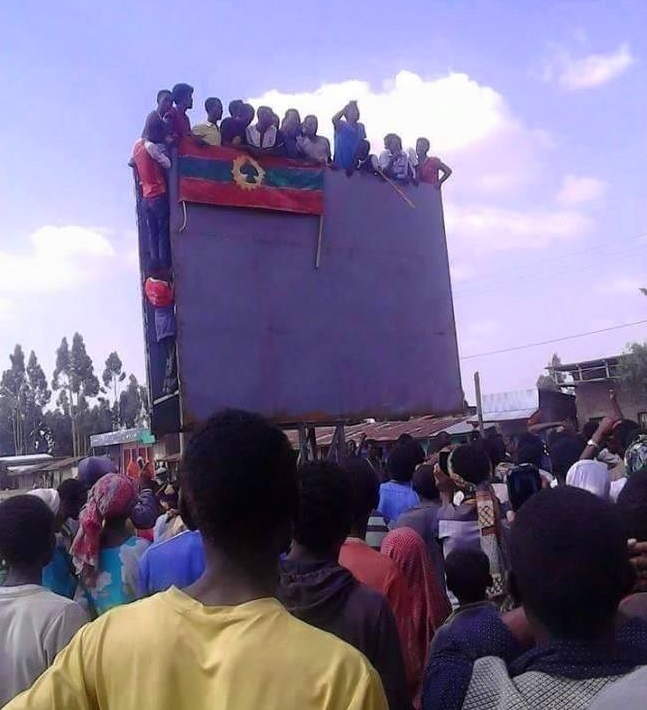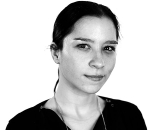Ethiopia: Government says Oromia has self-rule but activists vow to continue protests

People in Ethiopia's Oromia state already have self-rule and protesters' demands are already in place, an Ethiopian official told IBTimes UK. Abiy Berhane, minister counsellor at the Ethiopian embassy in London, made the comment as activists said they are still on the streets of Oromia calling for self-rule, the release of political prisoners and the end of military presence in the region.
Protests in Oromia began in November 2015 against a government draft plan to expand the boundaries of the capital Addis Ababa. Demonstrators, mainly from the Oromo ethnic group, argued the so-called "Addis Ababa master plan" would lead to forced evictions of Oromo farmers from their lands and would undermine the survival of the Oromo culture and language.
Who are the Oromo people?The Oromo people are Ethiopia's largest ethnic group and their population amounts to more than 25 million (around 35% of Ethiopia's total population).Oromo people speak Afaan Oromoo, as well as Amharic, Tigrinya, Gurange and Omotic languages. They are mainly Christian and Muslim, while only 3% still follow the traditional religion based on the worshipping of the god, Waaq.In 1973, Ethiopian Oromo created the Oromo Liberation Front (OLF), which stemmed from the discontent over a perceived marginalisation by the government and to fight the hegemony of the Amhara people, another large ethnic group in Ethiopia.OLF – still active today – also calls for the self-determination of the Oromo people. It has been deemed as a terror organisation that carried out violent acts against people in Ethiopia, Somalia and Kenya. The group has always denied such allegations, claiming its mission is to terminate "a century of oppression" against the Oromos.
The government scrapped the master planfollowing increasing agitation which activists claimed led to the death of some 400 people, at least 200 according to a report by Human Rights Watch (HRW), released on 21 February.
The government denied the allegations of violence and claimed the death toll was much lower, but did not give a specific figure.
Berhane explained Ethiopian authorities conducted an assessment on the unrest and admitted they took slow steps in addressing people's legitimate grievances. "Had these demands been addressed quickly and effectively, dissident groups would not have been able to infiltrate peaceful protesters and instigate violence," he said.
"The government does not want to see any of its people die, even the death of one person is one is one too many. What the country needs first and foremost is peace. Inciting violence, creating division, coming up with horrific stories and posting those stories on social media does not help in any way."
